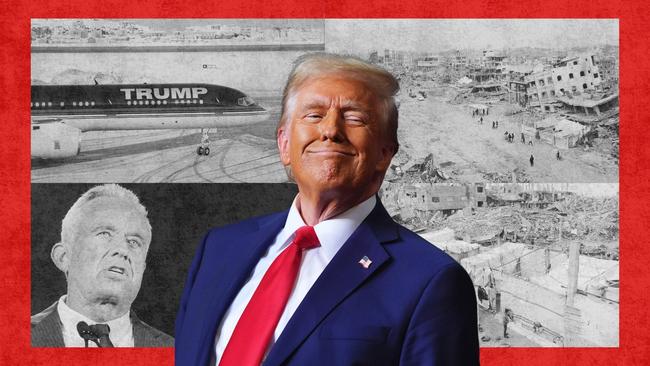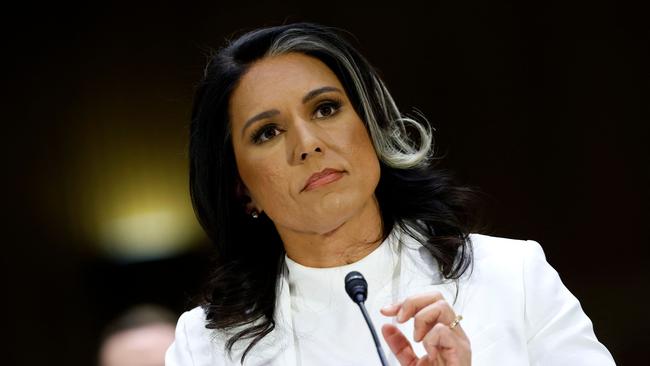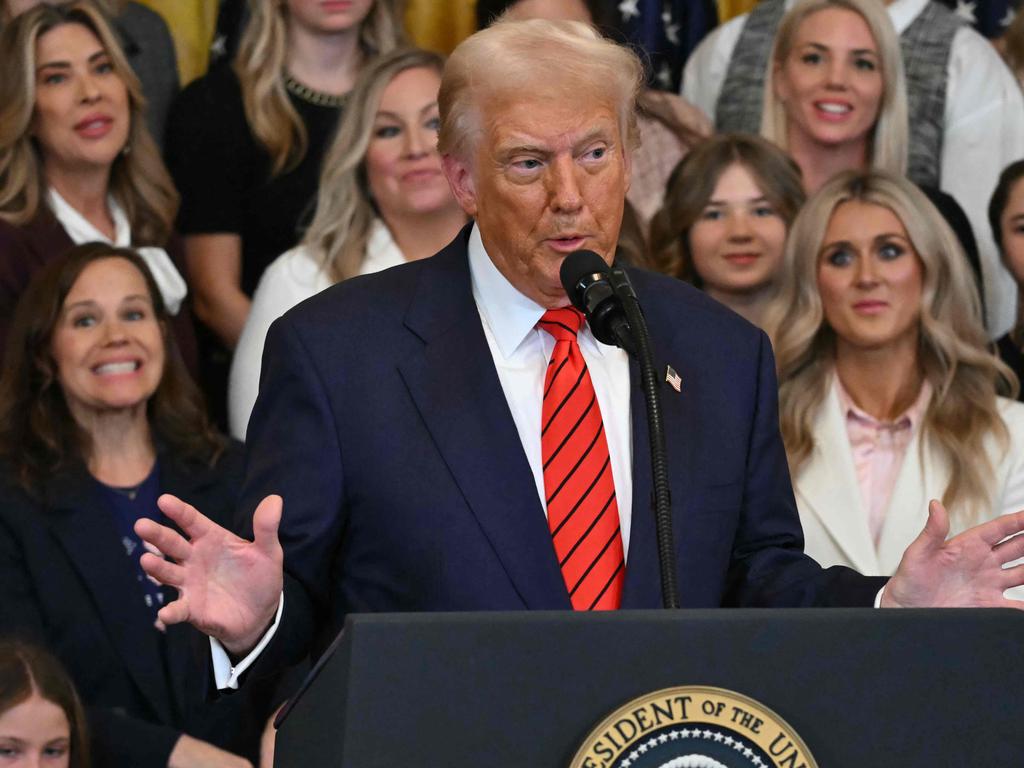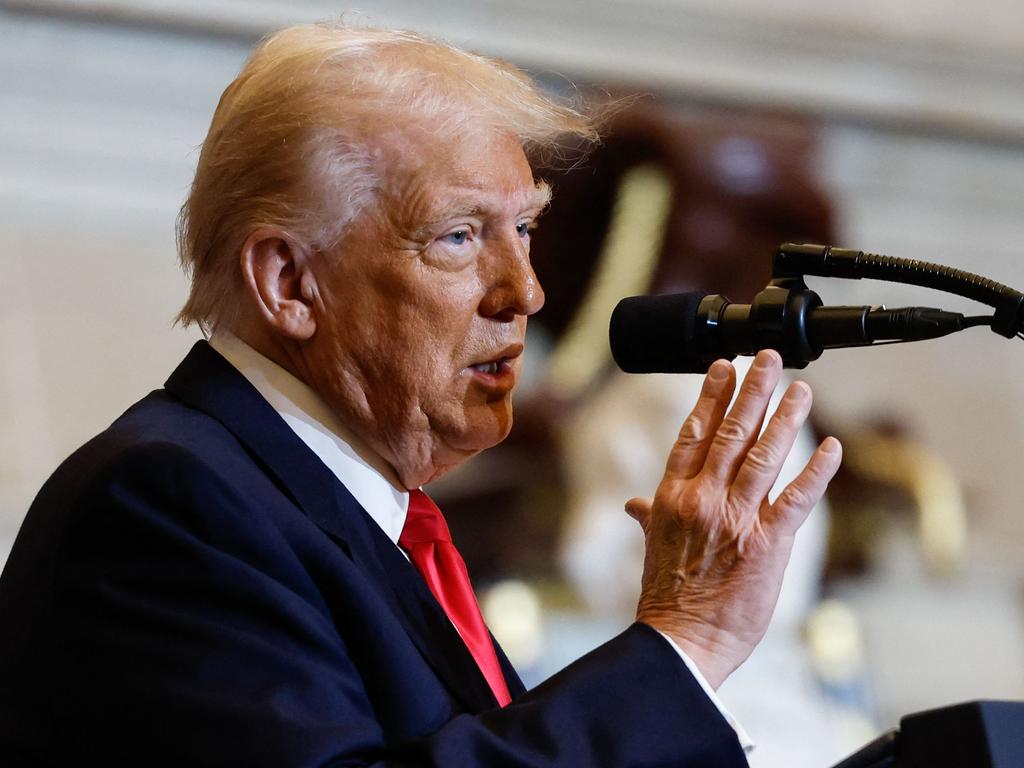
The candidate who promised an end to America’s “forever wars”, railed against wasteful and damaging foreign entanglements and boasted of a first-term record of no major US deployments to far-flung places, has started his second term sounding like a new Caesar, eyeing up vast swathes of territory ripe for incorporation into an expanding imperium. From neo-isolationist to neo-conservative in the blink of an eye. Can we make it make sense? I think we can.

The overarching explanation for all Trumpian declarations applies here, of course. We should be familiar with the perils of taking the man literally. It is not just that Trump speaks habitually in hyperbole and falsehood, but that he is in a constant game of escalation with his audience. To keep one step ahead of interlocutors on the other side of the table who think they’ve got used to the hyperbole, he needs to keep upping it. The only way to stay ahead of the expectations curve is to make ever more outlandish claims. The most inviting thing you can ever say to Trump is: surely you can’t do that?
But there are, I think, three particular things behind the president’s latest adventures in foreign policy wonderland. On one level, this is “Trump: The Real Estate Mogul Goes Global”. Constantly on the lookout for the most spectacular property development projects in the history of the planet, he is applying a lifelong knack for creating gleaming monuments to himself from the most improbable of building sites.
So Gaza, the bomb and corpse-strewn rubble field on the Mediterranean will become “The Riviera of the Middle East”. In announcing the idea on Tuesday, Trump described the project as the US taking “a long-term ownership position” in the territory – the language of a property speculator huddling with his lawyers and bankers. The icy wastes of Greenland are “an incredible place”, ideal for the construction of US military facilities and the development of mineral and fuel potential. As he threatened tariffs on his northern neighbour this week, he described the border between Canada and the US, fought over in war, settled by treaty and recognised in international law for two centuries, as an “artificial line”, the way a prospective property buyer might haggle with the local authority about the scope for access.
A second factor is the “Everything Everywhere All At Once” style of governing. Trump’s shock and awe approach, in which he bombards us night and day with presidential initiatives, was well described by his former aide Steve Bannon in 2017: if you keep doing a million new things at the same time, your opponents and the media (the same thing, in their view) won’t have the capacity to scrutinise and oppose them effectively.
This applies especially when you propose some of the wilder stuff: the attention goes there and your other, radical but maybe not-completely-crazy ideas have space to get done.
So just as we were digesting the plan to shut down the US Agency for International Development, we’re going to talk about taking control of Gaza. While senators were still dealing with the prospect of voting to put vaccine-opponent Robert F Kennedy Jr in charge of the nation’s health, here comes Putin and Assad-friendly Tulsi Gabbard to run national intelligence. No one can keep up, so he gets a surprising amount done.

But the most important part of all this is sheer Trumpian self-confidence that he can make things most people deem mad actually succeed in changing the world. For him, moving the Overton Window is a daily occupation. In his mind, it’s driven not by the triumph of hope but by the reality of experience.
His own political success is the ultimate testament to the possibility of the absurdly implausible becoming real: from joke candidate when he came down that escalator in 2015 to probably the most consequential political figure of the 21st century in less than ten years. Why wouldn’t you embrace the crazy?
In the foreign policy field, especially in the Middle East, this is reflected in what he achieved in his first term – against the odds and in the face of ridicule and denunciation. His recognition in 2017 of Jerusalem as the capital of Israel was almost universally greeted with predictions of disaster, but it turned out to be a highly symbolic move that helped create conditions for the Jewish state’s normalisation of relations with Arab governments.
In 2020 he ordered the assassination of Qasem Soleimani, the head of Iran’s Quds force, a move that was again greeted by Middle East “experts” as an invitation to catastrophe. In fact it sparked the long, welcome degradation of Iran’s power in the region.
Not that Trump is serious about occupying Gaza. But he surely believes that such wild declarations are the only way to produce radical change where it is needed. Calling for them to take in two million Palestinians forces Arab states to confront their own hypocrisy about Gaza while burying their lingering pleas for a “two state solution”. Canada won’t be the 51st state either but by embracing the idea, Trump thinks he can get the country to concede more economic power to the US.
Sometimes crazy ideas are just crazy. But successful leaders bend the world in their direction not by making incremental moves along the curve of conventional wisdom but by jumping off the curve completely, taking history – often reluctantly – with them.
The Times







Even the most worldly, by now inured to the derangements of Donald Trump’s expansive imagination, probably didn’t have these on their list of expectations for the first two weeks of Trump II: pressure on Canada to become the 51st US state; threats of war with Denmark over the annexation of Greenland; America taking ownership of the Gaza Strip and shipping two million Palestinians to Arab countries.